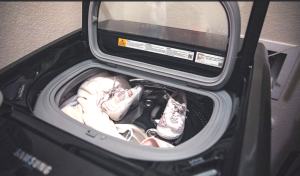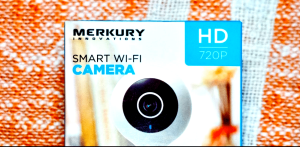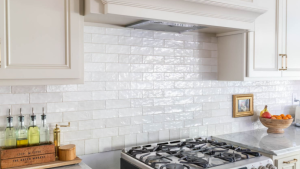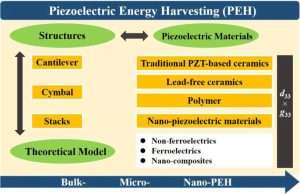How Smart Kitchen Technology makes Life easier
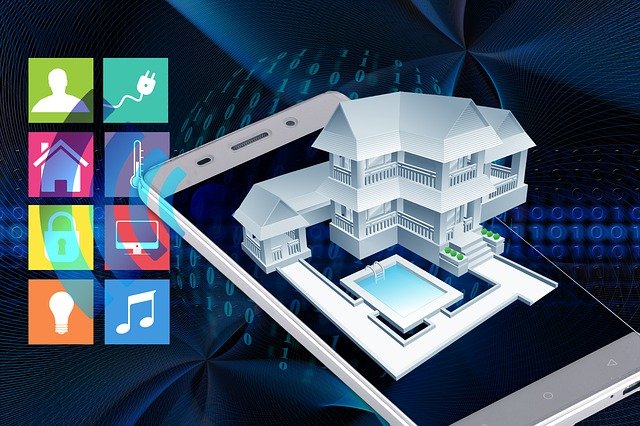
Sometimes, we think if it’s possible to lengthen the daytime just to be able to cover some daily activities, it might be sarcasm but we just think in that direction sometimes.
Well, with smart technology, we can do many things at the same time by automating some activities with little or no human interference.
With the smart kitchen concept, there are now tools or items that can regulate what humans naturally do in the kitchen. Engineers now construct houses that are engineered by smart technologies.
How Smart Kitchen can Benefit You
A smart home is engineered towards security, but it can also relieve us from stress and many activities or make them easier.
In a smart kitchen, you’ll be able to control the lighting, heating, and cooling system automatically according to your needs and preferences.
You can also automate food and drink preparations. For example, the fully automatic coffee machine can prepare our morning coffee with app control on our smartphone.
A smart induction hob can control itself and never burns anything, this also prevents fore outbreak in the kitchen.
A smart refrigerator can remind us of things we want to keep in the refrigerator when to keep them or remove them from the refrigerator.
Since the smart kitchen enables us to automate everyday work, schedule it, and control it while on the move, we save a lot of time.
Housework is made more efficient, and we can hand over more and more tasks to intelligent kitchen appliances and household robots.
A big argument in favor of the smart kitchen is the potential of smart kitchen robots to conserve our resources, as their activities are monitored and controlled in real–time.
In this way, we can not only avoid food waste but also make the energy consumption of the devices more efficient.
Technologies such as blockchain and cryptocurrencies can be linked to our smart kitchen appliances to make direct, secure payments for purchases.
Examples of Smart Kitchen appliances
- The flush valve is used instead of the kettle.
- The Thermomix can be connected to the internet and acts as a cooking teacher.
- The dishwasher detects how dirty the dishes are and then adjusts the water temperature and the use of cleaning agents.
- Also, we now have an oven that automatically regulates the temperature depending on the dish used.
- The trash can be opened using a
The extractor hood not only does its usual job but also creates pleasant light and plays music. - Hobs and trash can be operated using a smartphone and with a motion sensor.
Any Concerns about using Smart Kitchen Appliances?
Data security is one important aspect of the smart kitchen that you can be worried about.
Data insecurity is one big disadvantage of smart kitchens. With smart kitchen gadgets, you are opening up your private life to commercial data collection by the manufacturers of those gadgets.
The data that is communicated via the local WLAN is potentially vulnerable to unauthorized third parties.
So far, however, experience has shown that the misuse of smart devices is more likely to result from human weaknesses than from hackers.
Another disadvantage is the high energy consumption which can add more costs to our utility bills.
Experts estimate that by 2025, a fifth of the world’s energy needs will be consumed by data connections. The concern is justified that the smart home costs more energy than it saves.
For an effective smart home or smart kitchen, there needs to be wireless networking of the household appliances via the internet, therefore smart kitchen appliances can not work effectively without an internet connection.
This also means you’ll incur more costs on the internet facility, and a poor internet connection can also lead to the ineffectiveness of these smart devices in communicating data properly.
Smart kitchens and intelligent households robots depend on even the smallest electrical appliances being able to be equipped with sufficient computing power.
In addition, they have to be inexpensive enough to update even the simplest devices to become smart kitchen gadgets.
Without powerful, acoustic, and haptic sensors, there is no reliable data that can be communicated.
Also, the more expectations that we place on the independence of smart kitchen tools, the more the development of complex artificial intelligence and machine learning is necessary.
